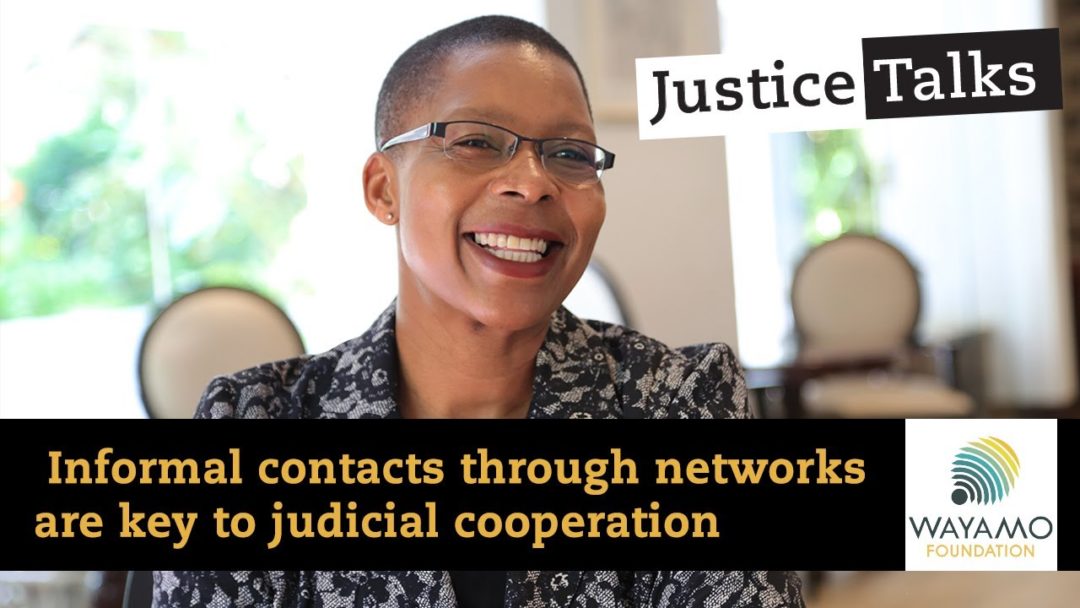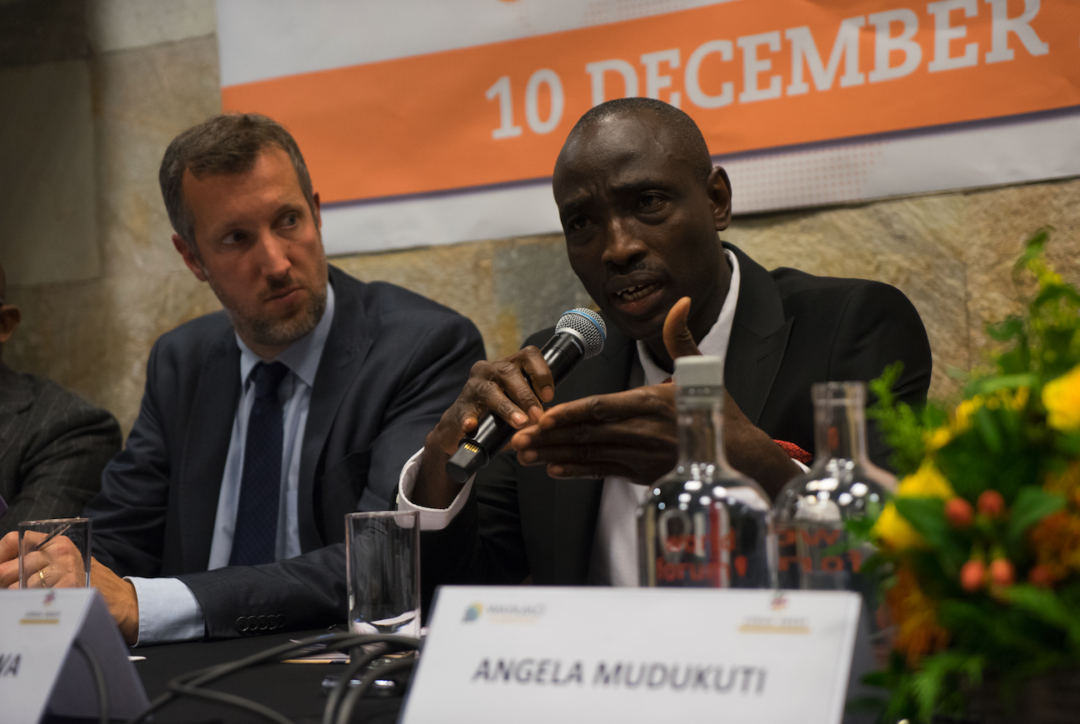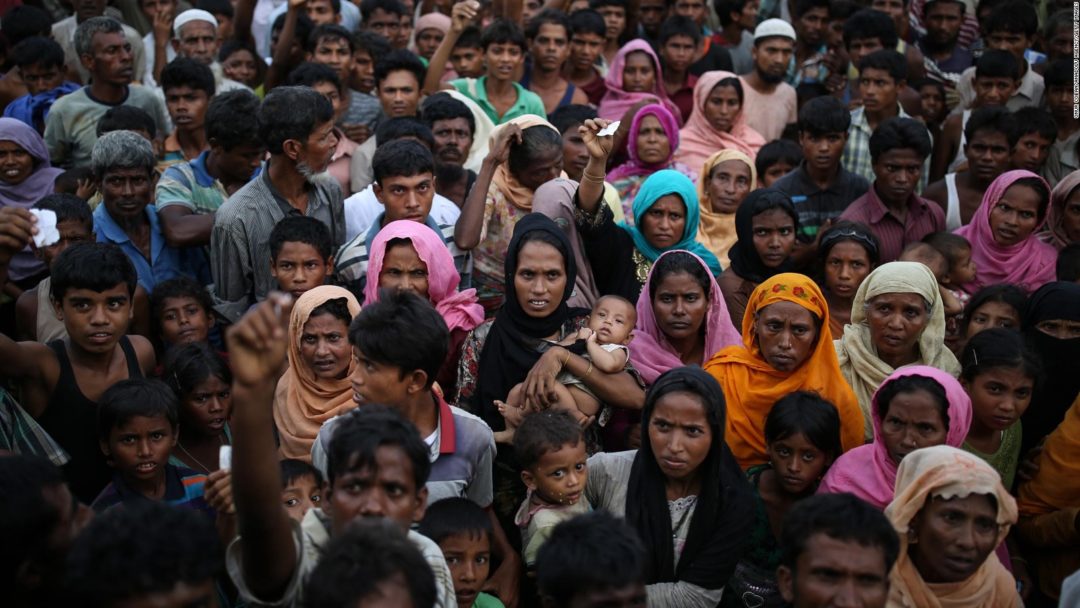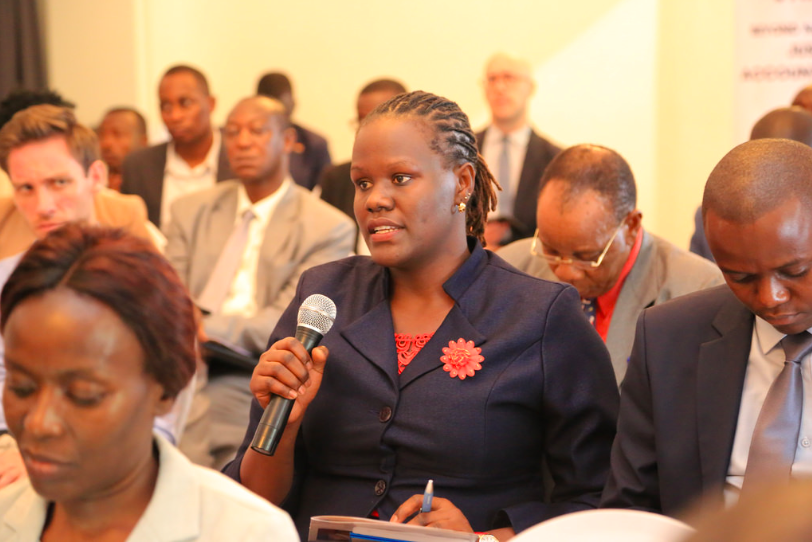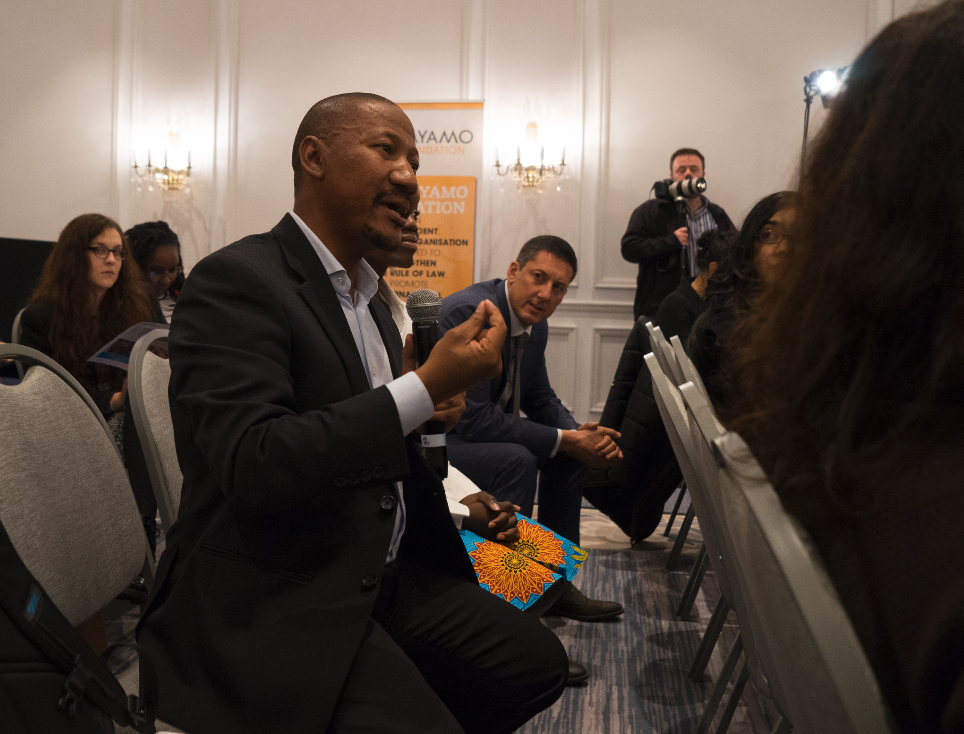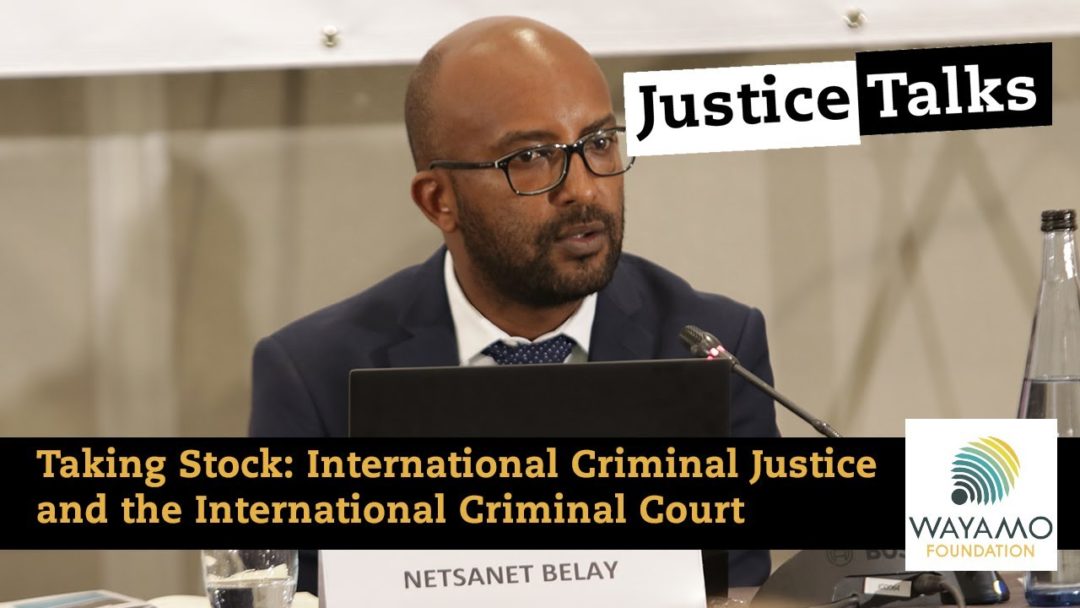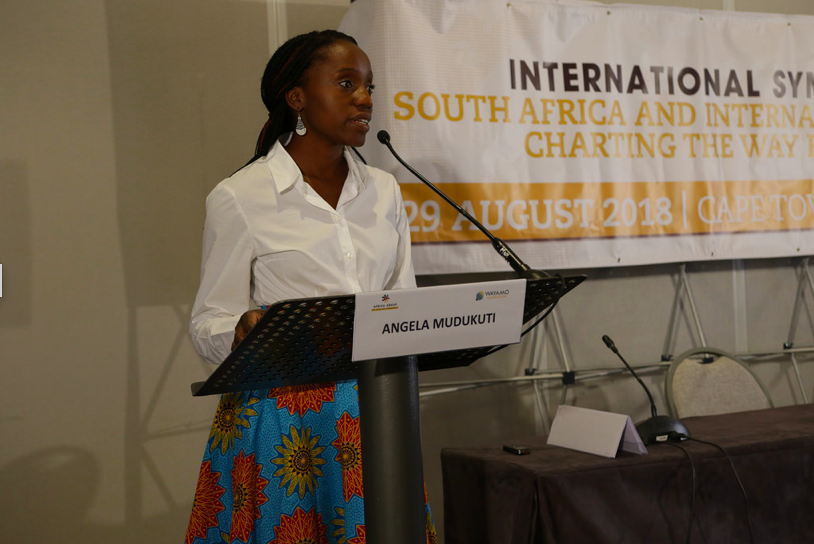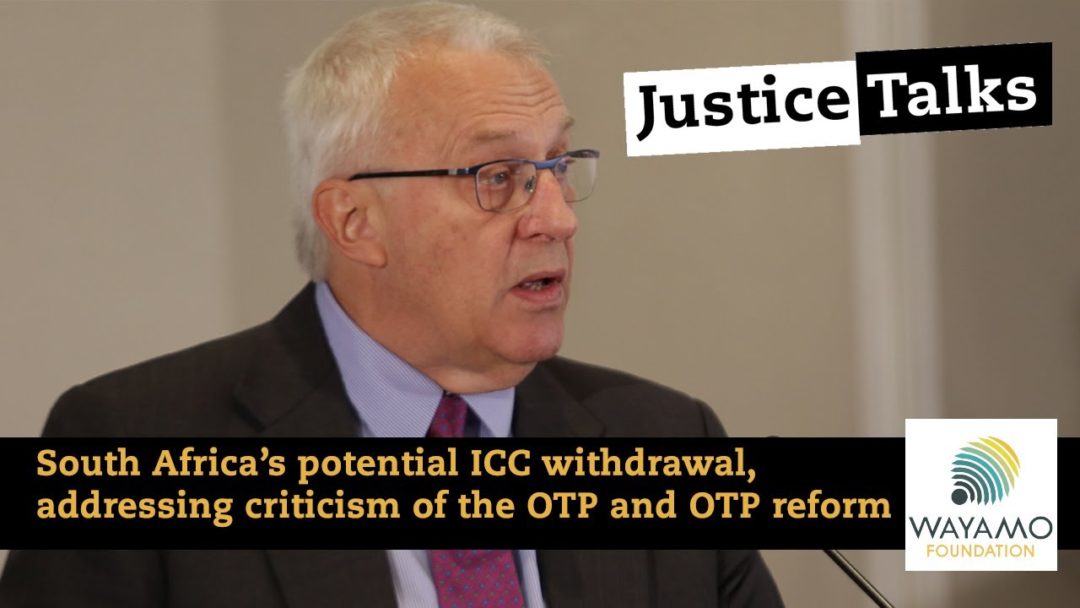Dorcas Oduor, Secretary and Deputy Director of Public Prosecutions and Head of Economic International and Emerging Crimes at the Office of the Director of Public Prosecutions, Kenya, speaks to Wayamo Foundation’s Judie Kaberia.
ASP Side event : creative responses to international criminal justice
On 10 December 2018, the Wayamo Foundation and the Africa Group for Justice and Accountability (AGJA) hosted a side-event at the Assembly of States Parties (ASP) of the International Criminal Court (ICC) in The Hague, entitled, “Creative responses to international criminal justice – complementarity and capacity building.”
The Rohingya crisis – how did it happen, and what can we do?
The Rohingya crisis – how did it happen, and what can we do? 14 December 5.00PM-6:30PM Bloor – 1st floor Boardroom/Round Room/Library, 315 Bloor St. West Munk School of Global Affairs There have been numerous reports that genocide and ethnic cleansing have been committed against the Rohingya people by Burmese security forces. How did Myanmar, a country that seemed to …
FULL CIRCLE − THE WAYAMO EAST AFRICA PROJECT RETURNS TO ARUSHA
To hold the sixth round of its “Fighting Impunity in East Africa” project, the Wayamo Foundation returned to where it had all begun…Arusha, Tanzania. Here, in the shadow of Mt. Meru, an intensive, week-long series of events was organised within the framework of an initiative funded by the German Foreign Ministry, co-hosted by the Africa Group for Justice and Accountability (AGJA), and fittingly entitled “BEYOND NARROW INTERESTS – JUSTICE AND ACCOUNTABILITY IN EAST AFRICA”.
Cape Town – Symposium Report
The Africa Group for Justice and Accountability (AGJA) and the Wayamo Foundation are proud to present the Cape Town Symposium Report.
Justice Talks: Ottilia Maunganidze, Institute for Security Studies
The Institute for Security Studies, Head of Special Projects-Office of the Executive Director, Ottilia Maunganidze speaks to Wayamo’s Angela Mudukuti about the South African International Crimes Bill, the importance of regional and international justice as well as the International Criminal Court’s track record thus far.
Justice Talks: Netsanet Belay, Amnesty International
Amnesty International’s Africa Programme Director Netsanet Belay discusses some of the major challenges and opportunities facing the project of international criminal justice.
ECCHR Discussion: 20 years after Pinochet’s arrest
Berlin’s past and present reveal several links to severe human rights violations, as well as to efforts to address past atrocities. The International Military Tribunal, which went on to prosecute Nazi crimes in Nuremberg, sat in Berlin on 18 October 1945. In Berlin on 17 October 1998, survivors of Augusto Pinochet’s dictatorship celebrated after Pinochet was arrested in London. And in the same year, Berlin-based lawyers, politicians and members of the civil society strove for the establishment of the International Criminal Court.
University lecture: Change and Continuity in US Relations with the ICC
The Human Rights Program will host a conversation with Mark Kersten, deputy director of the Wayamo Foundation and a fellow based at the Munk School of Global Affairs, University of Toronto.
Justice Talks: James Stewart, ICC Deputy Prosecutor
South African Minister of Justice, Michael Masutha, speaks to Wayamo’s Bettina Ambach about South Africa’s possible withdrawal from the Rome Statute, challenges with the Malabo Protocol and the controversial question of head of state immunity.

